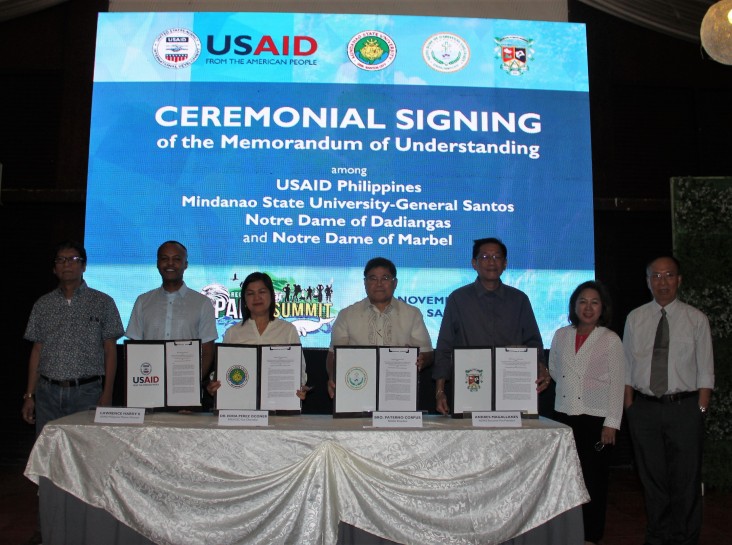Speeches Shim

[As Prepared]
[Greetings]
At USAID, we recognize that conserving biodiversity is fundamental to human well-being. It is also critical to our shared mission of helping build prosperous, stable and equitable societies. This approach solidifies our belief that “Conservation is development.”
USAID believes that stewardship of our natural resources is a critical to achieving equitable and sustainable development results. We actively pursue a path to development that enriches natural capital instead of depleting it.
Drawing from decades of conservation work, USAID is committed to conserving habitats and species, and addressing both the direct threats and underlying drivers of biodiversity loss.
USAID’s global programs engage local communities and draw from their tremendous knowledge to improve the management of, and accountability for, their natural resources. We also put a high priority on stamping out the global problem of illegal wildlife trade. Poaching and trafficking not only undermines ecological integrity; it also puts our economic opportunities and security at high risk.
In the Philippines, USAID is implementing Protect Wildlife, a five-year, 1.2 billion peso project to address this global problem.
Through this project, USAID collaborates with scientists, researchers and the academe to use the best science available and come up with innovative, evidence-based solutions to address conservation and development challenges.
For this reason, I am pleased to sign a Memorandum of Understanding with three higher education institutions in Region 12, signifying our intention to work together on joint research activities to fill the knowledge gap in conservation in this region. We also want to develop budding researchers—part of a scientific and technological workforce—who will contribute to a sustainable, knowledge-based economy.
USAID recognizes that effective conservation is not the job of a single organization. It is the result of intensive and creative collaboration among stakeholders in the government, the private sector, communities, among others. Together we can strengthen policies, expand resources and build constituencies that advance sustainable development.
In the Philippines, USAID has had a long and productive history of partnership with the Department of Environment and Natural Resources, other Philippine government agencies, local non-governmental institutions, the private sector, and our implementing partners on the ground.
Among our partners here in Mindanao are the provinces of South Cotabato and Sarangani, where we have expanded to implement Protect Wildlife, and General Santos City. This city is the newest member of our Cities Development Initiative network, wherein USAID supports partner cities outside Metro Manila to fulfill their potential as engines of inclusive economic growth.
The U.S. government’s partnership with General Santos City goes way back to the 1990s when we supported the largest infrastructure program in Mindanao. USAID contributed to the construction of the key economic infrastructures in the city, including the General Santos International Airport, Makar Wharf, and several major roads. These helped General Santos to become the gateway to the Central Mindanao region. I would like to take the opportunity to express our gratitude to Governor Daisy Fuentes, Governor Steve Solon and Mayor Ronnel Rivera for extending your hand of friendship and collaboration with the U.S. government.
With such complex challenges to arrest biodiversity loss and promote sustainable development, the only way forward is the collective action of the government, universities, civil society and the private sector. By working as one, the successes and lessons we gain can elevate Region 12 as a national and global model for long-term, sustainable development that balances people and nature.
Daghang salamat, and again, good afternoon.

Comment
Make a general inquiry or suggest an improvement.